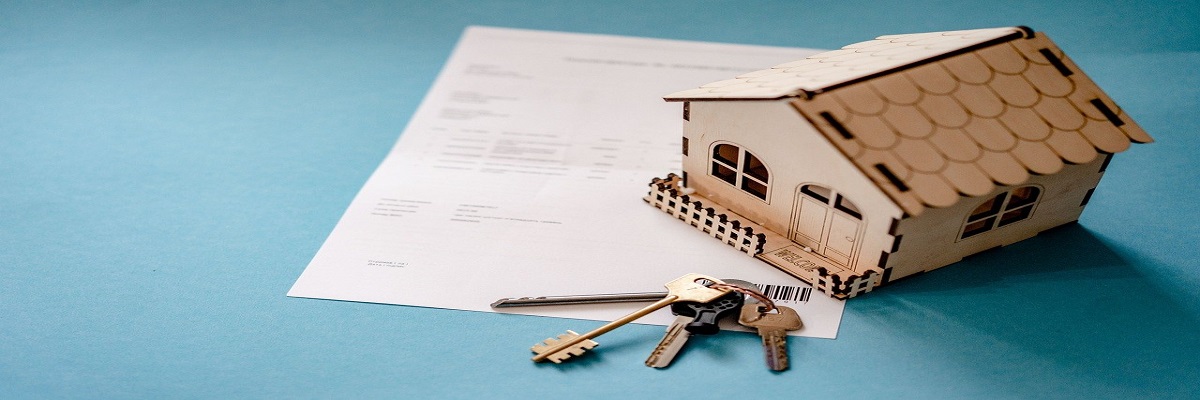Call: 888-297-6203
Let us know what all is included in our estate when we file for bankruptcy.
1) What is your Estate?
All of your property and the property rights that you allow the bankruptcy court to administer are your estates. However, if you exempt a certain property that is not added to the value of your estate and the bankruptcy trustee will not be able to touch it. Everything you own that needs to be reviewed is included. In addition to that, in chapter 13 during your entire case, any property and income that you acquire are also included in your estate.
2) What Assets are Included?
Any property that you own and possess when you file, even if you owe money on it, is included in your estate. However, properties that you possess but belong to somebody else are not a part of your estate. Assets like real estate, cars, property, stocks, bonds, etc are a part of your bankruptcy estate. There may be certain properties that you own but don’t possess at the time of filing, those properties are also a part of your estate.
Say you have a house that you have loaned to someone. That too becomes a part of your estate. Properties that you have a legal right to receive, like a tax refund, or vacation pay are also a part of your Bankruptcy estate. If you live in a community property state and file jointly, then all community property and separate property becomes part of the bankruptcy estate. However, if you file alone, then all community property and just your separate property becomes part of the estate. If you live in a common-law property state and file jointly, all your property, separate and together becomes part of your estate. If filing as an individual, all your property, and half of your Spouse’s property are included. Any kind of inheritance property, a death benefit, or life insurance policy proceeds that you acquire within 180 days of filing for bankruptcy also becomes a part of the estate. Any property that appreciates, the appreciation also becomes a part of the estate. Any revenue generated by other properties in the bankruptcy estate is also a part. If you sold any property fraudulently in the last 2 years before filing for bankruptcy, or if you preferentially paid some creditor more amount before you filed for bankruptcy, all these are also included in your bankruptcy estate.
The timing of filing for bankruptcy is everything. If you think you are not in an emergency, you should evaluate what is the best time to file. Consulting an attorney would be extremely helpful to eliminate also risk. You can also contact Recovery Law Group from Los Angeles & Dallas, TX for the same. Contact – (888-297-6203).
3) Property that is exempted
When you file for bankruptcy, the court allows you to liquidate your assets and pay the amount to your unsecured creditors. In Chapter 7, exempting a certain property helps you to keep them from getting liquidated. In chapter 13, exempting properties assists in keeping your payments low as the total assets that can be sold off get reduced. Even if you want to exempt a certain asset, you need to list them in your petition. Every state has its exemptions and your Federal exemptions depend on the state where you live.
Make sure you are well versed with the exemptions in your state before you file for bankruptcy. Your attorney will help you with these.

